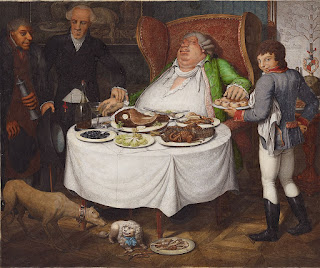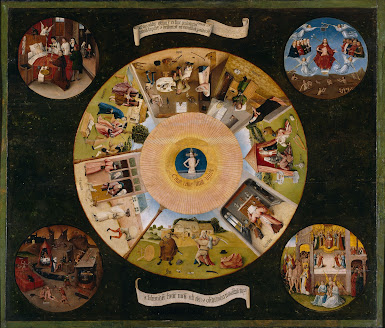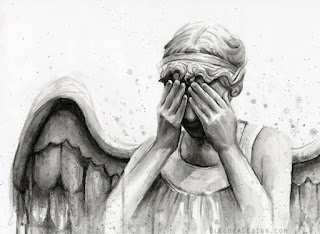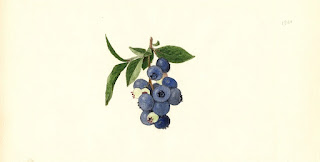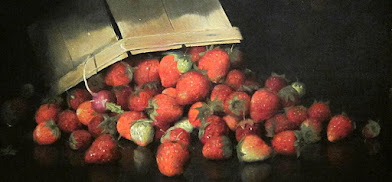An earlier post listed the seven deadly sins in rough order from least to most harmful. Envy resides near the bottom; it is one of the worst. Only pride is more insidious and harmful to the spiritual life than envy.
The scriptures' list of the things we ought not covet focuses on belongings: their house, their fields, their servants, their ox, and of course their wife. Alas, in ancient times, the wife was often considered as much a belonging as the herds, or close to.
In fact, envy can infest every part of our life. We may envy belongings, career, success, travel, position in the parish or company, popularity, fame, rewards, and so on. Worse, we may envy romantic relationships or apparently successful marriages. We may come to envy families that appear to be happier or healthier than our own. We may envy others' dedication to exercise, healthy diet, or volunteer work. We may, in fact, envy virtue. It is an insidious trait.
Saint Augustine rated it as particularly diabolical. He wrote, "From envy are born hatred, detraction, calumny, joy caused by the misfortune of a neighbor, and displeasure caused by his prosperity."
Envy is one of those sins that embeds itself deep in the soul where it festers and grows before it even comes to our attention in the form of specific behaviors or resentments. Like all the deadly sins, it may grow unnoticed, damaging us from within.
The catechism teaches that envy is a form of sadness, and therefore a refusal of charity. When it reaches the point it causes us to actively wish harm on another, it has become truly mortal to the soul.
What is the cure? Repentance, of course. Reconciliation when needed. Then active charity. Turn to the sixth chapter of Luke. "Do good to those who hate you." Hate you? Do good to all. Go out of your way to do good to someone when resentment towards them builds up in your heart. If you've harmed them, make restitution. Pray for them.
The green eyed monster graphic is by Polina Sokolvav, Creative Commons 3.0 license, via Wikimedia Commons
.jpg)


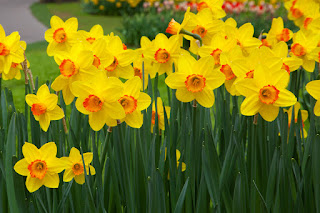
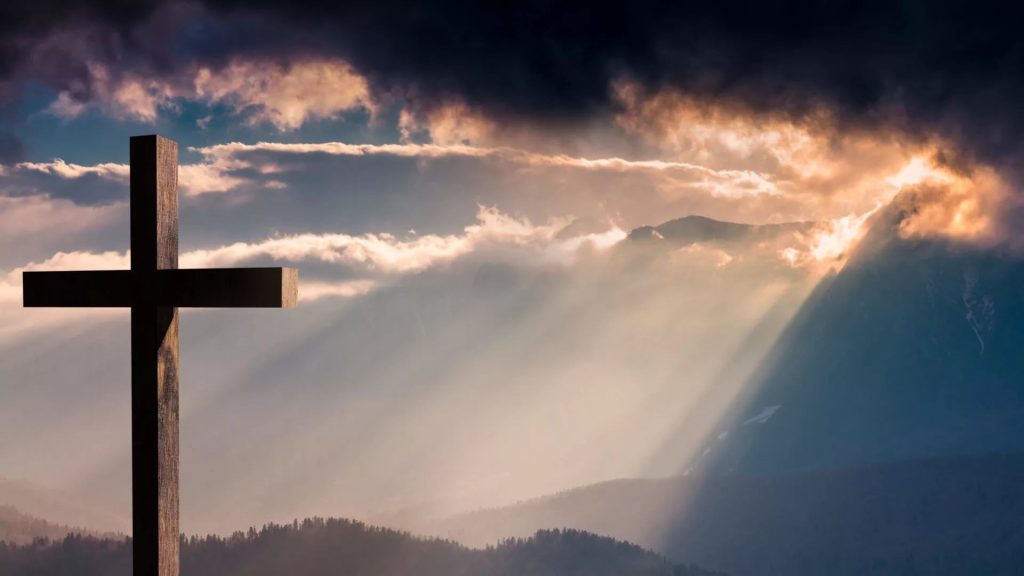
,_from_the_series_The_Seven_Deadly_Sins_MET_DP818310.jpg)
,_after_Adriaen_Brouwer_-_Greed_(Avaritia).jpg)

